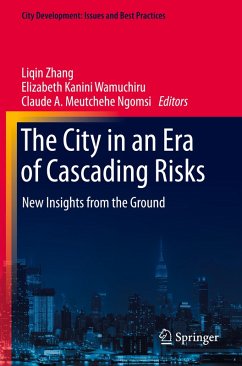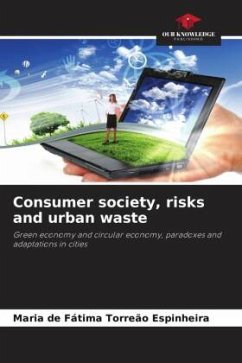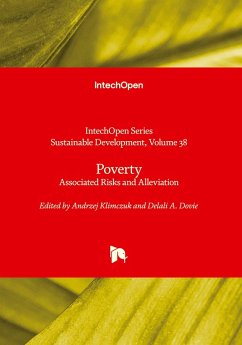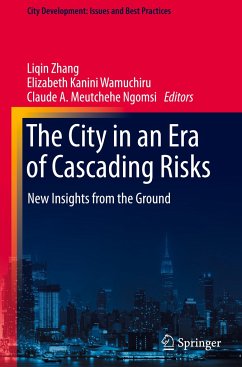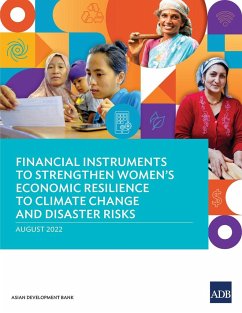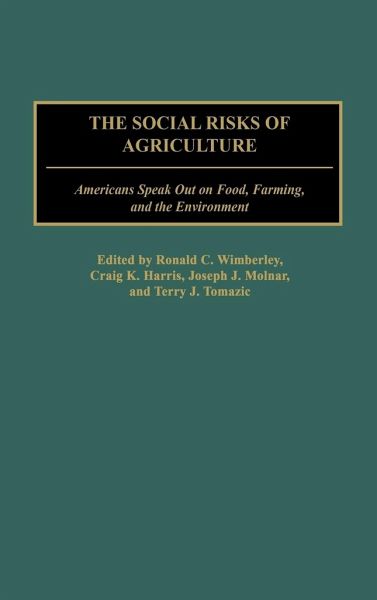
The Social Risks of Agriculture
Americans Speak Out on Food, Farming, and the Environment
Herausgeber: Wimberley, Ronald; Molnar, Joseph; Harris, Craig

PAYBACK Punkte
44 °P sammeln!
In a vast society where environmentally conscious nonfarming voters and consumers have grown to greatly outnumber those directly engaged in agriculture, what happens in agriculture becomes increasingly subject to control by the general society, as policies and laws cater to constituents and consumers. This book provides an overview of how Americans perceive and value farmers and examines public opinion with regard to a number of agricultural issues. Based on analysis of national survey data, the authors offer an empirically based discussion and interpretation of those views and perceptions tha...
In a vast society where environmentally conscious nonfarming voters and consumers have grown to greatly outnumber those directly engaged in agriculture, what happens in agriculture becomes increasingly subject to control by the general society, as policies and laws cater to constituents and consumers. This book provides an overview of how Americans perceive and value farmers and examines public opinion with regard to a number of agricultural issues. Based on analysis of national survey data, the authors offer an empirically based discussion and interpretation of those views and perceptions that help to shape policy and social sustainability. This unique collection illustrates that in addition to its natural, biological, and economic risks, agriculture has social risks that reverberate through all levels of society. As the general population grows and the number of farms and farmers diminishes, the weight of public opinion becomes more important in the policy arena of society as well as in the market demands for food and fiber grown in safe and favorable environmental conditions. Setting the stage with a consideration of the larger society's interests in agricultural issues and of social and agricultural interdependence, the contributors cover a range of topics and issues affecting agriculture at the end of the 20th century. Chapters examine public perceptions of government's role in farming; support for an environmentally friendly agricultural system; views on pesticides and chemicals in foods; consumer attitudes on food safety; threats to clean drinking water, concerns over farm animal welfare; and the basic agrarian ethic of American society. The book concludes with a look to the future of the social risks of agriculture in the 21st century.







